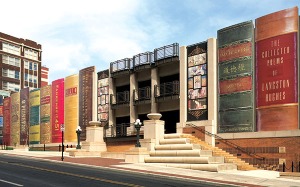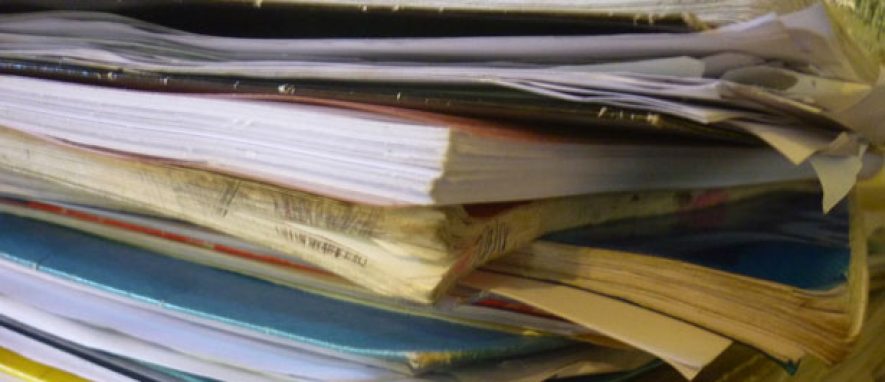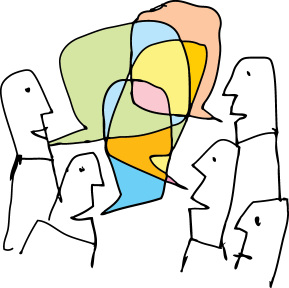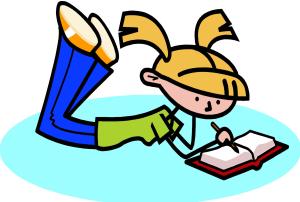While working as a professional librarian, I would frequently encounter questions like, “Do we need libraries anymore?”, “Is Google putting libraries out of business?”, and “What do librarians do now that you can just go online?” I imagine the majority of people asking these types of questions lack a solid understanding of what librarians do or how libraries operate. In my experience, these people are usually are not regular library users (if at all) or library supporters. But similar questions have been raised in popular media (For examples, see commentary below from The Guardian, NPR, and The Washington Post) so obviously other people are asking the same questions at public libraries across the country.
To the public, libraries often are believed to be only warehouses of books, documents, and other sources of information. More repositories than anything purposeful, create, innovative, or interactive. If libraries are seen as simply public attics where lots of different things can be dumped, organized, and preserved, then I can understand why the death of libraries seems imminent to many. As more and more books, documents, and other random formerly printing items are digitized and placed online, physical locations to collect, store, and retrieve these items doesn’t seem necessary. But libraries are so much more than warehouses and librarians do so much more than check out books.
Anyway, all of this and much more on the survival of libraries, librarians, and print books has been covered in newspaper, magazine, and journal articles, not forgetting lectures, podcasts, panels, campaigns, etc. The words ‘relevant’, ‘digital age’, innovate’, ‘and ‘change’ appear frequently in the titles of these articles and presentations. I’m curious why these topics has been hyped so much in the press. The way “library survival” is discussed in the media seems almost doomsday-ish. “What will happen?!?! Panic!! Disaster!!” I wonder why. Is it because of the rise of e-Books, smartphones, and other devices? Or it is because of the budget cuts that so many libraries are experiencing across the country? Or something else entirely?
From where do you think this anxiety is comes? How much is based in reality and how much is just misunderstanding of libraries and the librarian profession?
Also, fellow librarians, what do you say when you encounter naysayers of the future of libraries? Have you developed an automatic response after hearing these questions so often?
Library and Librarian Positive Reads:
Who Needs a Librarians When You Have Google?
Neil Gaiman’s Why Our Future Depends on Librarians, Reading, and Daydreaming
The Digital Age is Forcing Libraries to Change. Here’s What That Looks Like.
What Can Libraries Do To Survive in the Digital Age?
Twin Cities Libraries Innovate to Stay Relevant in the Digital Age

Kansas City Public Library Missouri!








